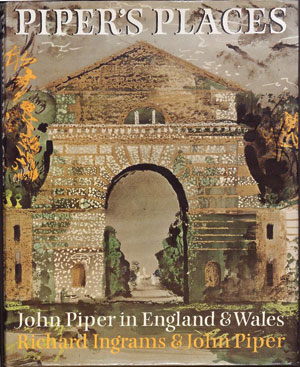
profiles |
 William McGill ’57
William McGill ’57
Degrees: B.A., history; M.A. and Ph.D. in history from Harvard; L.H.D.
from Lebanon Valley College
Job Title: Retired from Lebanon Valley College in 1988 as senior vice
president and dean of the faculty emeritus
Favorite Trinity Memory: It occurred on the steps of the Chapel the first Sunday I was on campus. I walked over from my room in what was then
called “New Dorm.” Arriving there, I met another first-year who was
pacing back and forth in front of the steps. He informed me that the
Chapel was locked. It quickly dawned on both of us that this was the
Sunday that Standard Time had resumed. Thus, partners in folly, we
struck up a conversation. He was Ward Curran and, like myself, he was an
Illinois Scholar and a St. Louis Cardinals fan. Sophomore year we roomed
together, we ended up in the same fraternity, and actually both majored
in history, though he switched to economics to great effect. Though
contacts have been intermittent over the years, he was my first
acquaintance at Trinity. We have remained friends.
Reporter: How did you come to possess the collection of books on John
Piper?
McGill: In the late 1980s I began collecting the works of R. S. Thomas,
a Welsh poet and priest, one of the great English language poets of the
20th century. He had also written some prose, including a book,
Mountains, which I acquired. The illustrator was John Piper. I was
struck by the strength of the connection between Thomas’ language and
Piper’s images. Not long after that, my wife and I went to London. We
learned that the Imperial War Museum was having an exhibit of Piper’s
works. It was stunning, ranging from his painting of the ruins of
Coventry Cathedral the day after the devastating air raid that destroyed
much of the city, to images of the stained glass window in the New
Coventry Cathedral, which Piper designed. This led to side trips to
Coventry and to Chichester, where he had designed a tapestry for the
cathedral… and then to my collecting books he illustrated, things that
he wrote, and things written about him.
Reporter: How do you think this collection will enhance the Watkinson?
McGill: I think it is a rich addition to the British studies materials,
and because of its variety it strengthens the resources in a number of
areas (not only art, but literature, music, and history).
Reporter: What will the collection bring to the students?
McGill: It will enrich what is available for students pursuing various
topics and should increase the variety of topics in which research can
be done. Piper’s connections with the Sitwell family, John Betjeman, and
Benjamin Britten contribute both to a better understanding of him and of
them. With Henry Moore, Graham Sutherland, and Josef Epstein, he was one
of the giants of mid-20th-century British art. The Shell Guide Series
are still valuable guides for travel, even though they are dated. I
would even hope that some students would simply be refreshed for
pursuing other tasks by leafing through some of the materials, seeing
the world with a different eye.
Reporter: How did Trinity inform your career as an academic
administrator?
McGill: As I reflect on my experience at Trinity, I am struck by the
fact that while I had a number of good faculty, the four from whom I
felt I learned the most and whose classes I enjoyed the most were Samuel
French Morse, Norton Downs, Philip Bankwitz, and Kenneth Walter Cameron.
They were all very different in personality and style. I have no
idea what their relationships with the dean were, but when I came to
Lebanon Valley College, I came with the view that while there were
managerial responsibilities attached to the position, the central
function was to be an enabler. It was my duty to help as many of the
individual faculty to be the best they could be as teachers.
Reporter: Why make this gift to Trinity?
McGill: I have spent almost my entire professional career at four small
liberal arts college. Two of them still rank high in my affections: Alma
and LVC. One result is that I have tended to be more generous in my
monetary gifts to them than to Trinity, and I felt I had some making up
to do. Additionally, Trinity has the Watkinson Special Collections
Library. Having met the director, Richard Ring, I felt assured that
these wonderful works, which I have gathered, will be wisely cared for.
